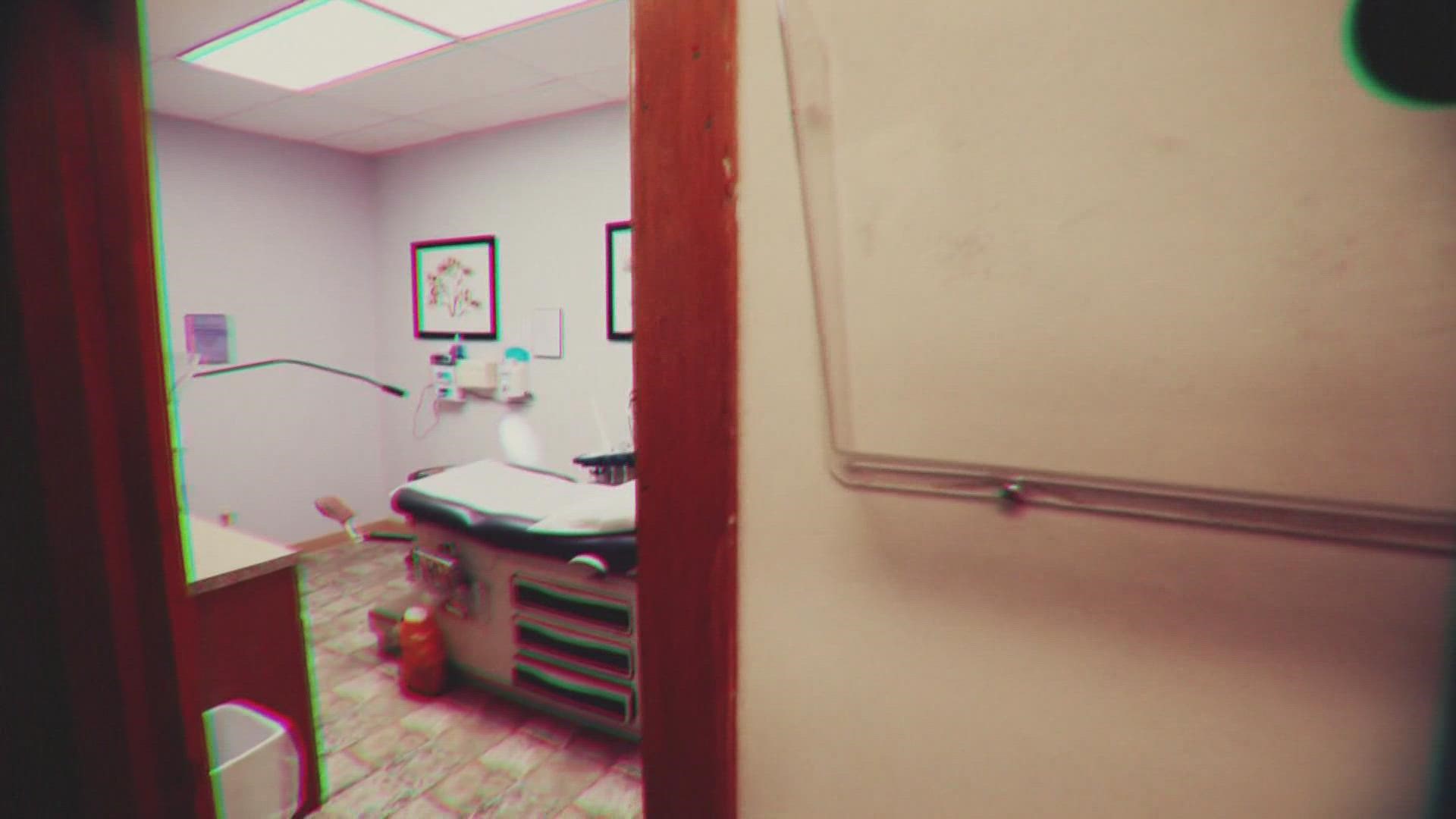INDIANAPOLIS — “It is something we want to make sure is available when people need it and how people need it,” said Dr. Katie McHugh, an OBGYN care and abortion provider.
Abortion clinics around Indiana are making changes to increase staff, supplies and services after the Indiana Supreme Court decided not to rule on an injunction on abortion care until January, blocking the state's ban.
In the meantime, it's allowing abortion care to remain legal in the Hoosier state. That's welcome news for providers like Dr. McHugh.
"Bodily autonomy, personal privacy and our freedoms are just not up for grabs," Dr. McHugh said.
Thursday afternoon, McHugh said she's feeling a sense of relief and hope, knowing abortion care will be allowed at least until January in Indiana. She said that allows abortion providers to get services back up to pre-ban levels.
“It means we are increasing access again, we ramping back up to where we were over the summer so that we can accommodate patients from both in our state and outside of our state for the folks who need abortion care. And it guarantees that we will all have a job for the remainder of 2022, and that’s a really nice feeling,” she said.
After the abortion ban went into effect Sept. 15, many clinics were forced to let staff go as they reduced services. Now, with care able to resume for the time being, it's allowing them to get back up to speed, ramping services and staff back up.
“One of the ways we have navigated that right now is that at one of the clinics I work at right now, at Women’s Med in Indianapolis, we’ve just so far been offering medication abortion services as opposed to medication and surgical abortion services," McHugh said. "We go back to offering surgical abortion services starting on Monday."
And with that court hearing still three months out, McHugh said this will give Hoosier women the time and ability to seek the healthcare they need after so much uncertainty.
“Seeking care which is sometimes banned or will be banned or was banned but now isn’t banned, but might be again in the future. The confusion and intimidation is part of the point. And we have certainly seen that be successful in our patient volumes, patient volume was very, very high until the ban went into effect and then we have not seen the same volume since then,” said McHugh.
And for those patients who are coming in, McHugh said, this care is making a big impact on their lives and healthcare decisions.
“Every patient that I talk to, every patient that I review options with and speak about their choice, they talk about how relieved they are that this is available to them, that they’re able to have their care in Indiana,” McHugh said.
It's giving her hope, she said, that the state's high court will rule in favor of returning those decisions back to the women whose lives they impact.
"Even just a few months of guaranteed access abortion care, that is enormous when we are talking about individual freedoms, privacy of individuals and the ability of a constituency to trust their government to leave them alone when it is none of the government's business," McHugh said.
Thursday, another lawsuit from the ACLU will go before a judge. In this case, it's focused on claims of SB1 violating religious freedom protections, whereas the initial challenge that led to the injunction went to Indiana's right to privacy.
The lawsuit was filed on behalf of five women from different faiths. The ACLU is seeking an additional injunction against the ban after a victory Wednesday in the state supreme court from their other case.
The state has filed a 48-page response to the lawsuit, saying the argument is murky since none of the women involved are pregnant. Thursday's hearing on the lawsuit will start at 9 a.m.
As for the legal battle brewing in Indiana's supreme court, Attorney General Todd Rokita said he rejects the idea that the ban violates the state constitution.
Oral arguments are set for mid-January.
What other people are reading:

